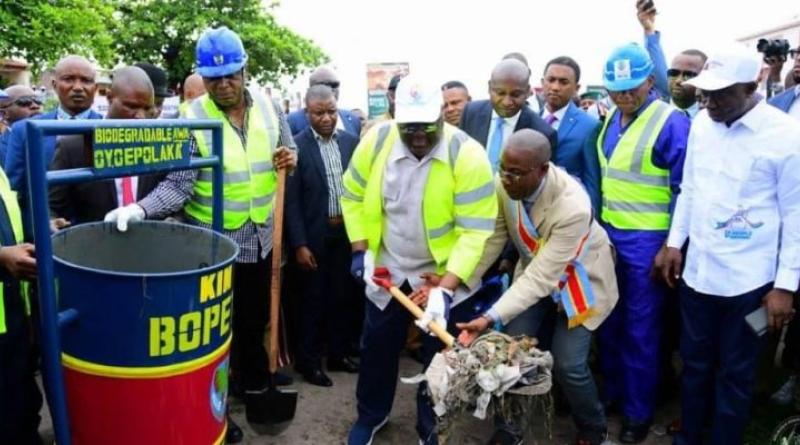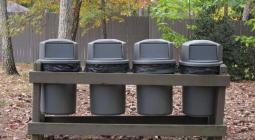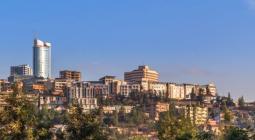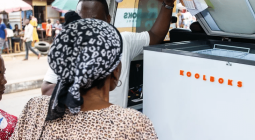DRC: Félix Tshisékedi orders the promotion of the circular economy in cities

At the request of President Félix Tshisékedi, the Democratic Republic of Congo (DRC), the 15th most populous country in the world, will promote the circular economy. The idea is to mass recycle the 8,000 tonnes of plastic waste produced daily in Kinshasa, and in other cities subsequently.
The attractiveness of cities in the Democratic Republic of Congo (DRC) will be strengthened. This is the will of President Félix Tshisékedi whose first term ends in December 2023. During the Council of Ministers that he led last October, the candidate for his re-election instructed the government to implement a policy to promote the circular economy in urban areas, starting with Kinshasa.
The 24 municipalities of the Congolese DR capital “suffer the degrading and unacceptable spectacle of waste which litters the streets, gutters and waterways”, he said while suggesting that this situation of notorious unsanitary “ constitutes both a governance challenge and an economic opportunity . This mission was entrusted directly to the Ministry of Industry of this Central African country.
“It will initially be a question of taking stock of the entire industrial sector in the recycling of plastic waste to develop a model which can be duplicated in other cities in the territory”, reports the presidency of the DRC. As a reminder, the 17 million people of Kinshasa generate 3 million tonnes of plastic waste per year, according to the International Union for Conservation of Nature (IUCN).
Félix Tshisékedi's recommendations are in line with the 6th and 12th Sustainable Development Goals (SDG6 and 12) respectively focused on sanitation and responsible production and consumption modes . They should also lead to the creation of local jobs for unemployed young people through the promotion of activities “related to the collection and processing of waste” . Some start-ups, notably OK Plast and Plastycor, have just launched into this sector which is not as attractive as the mining sector (copper, cobalt, gold, diamonds) to which the DRC owes its wealth.






